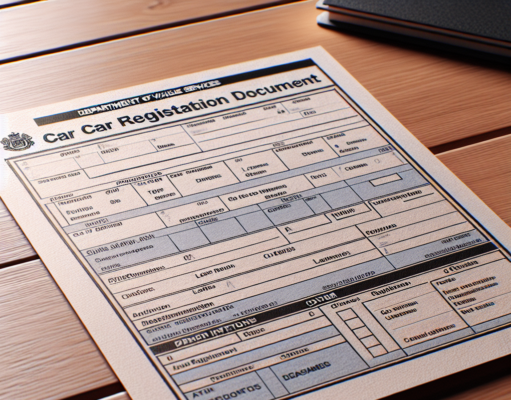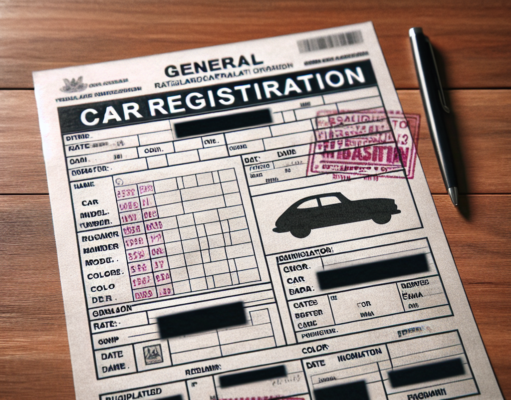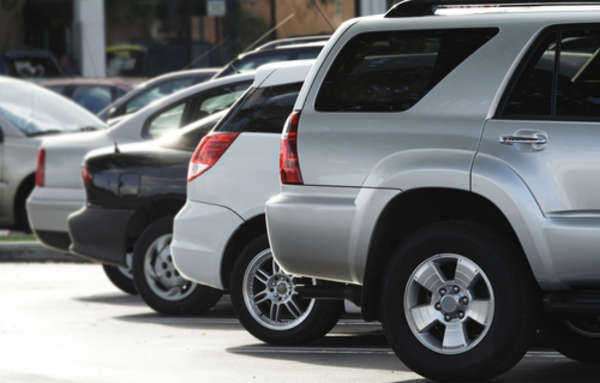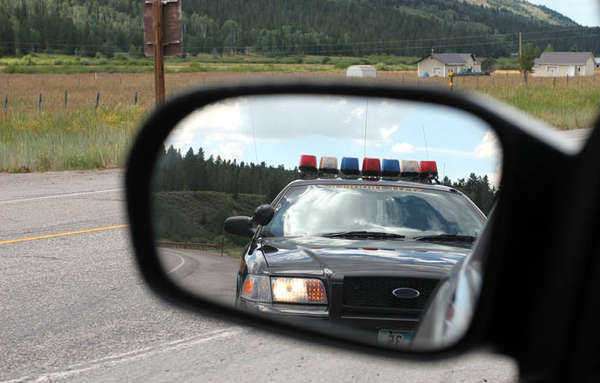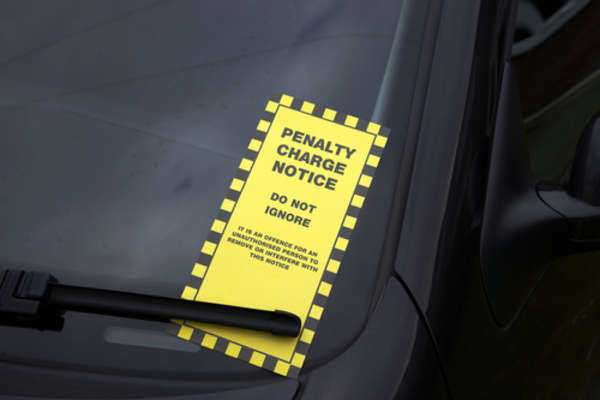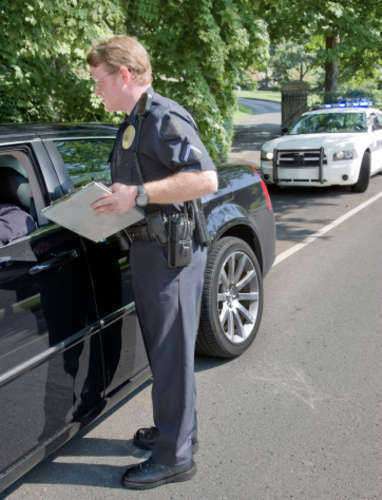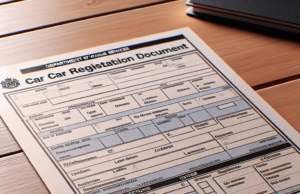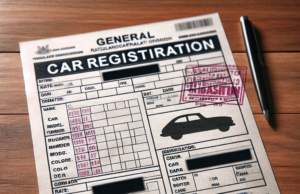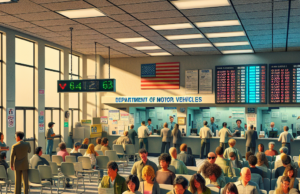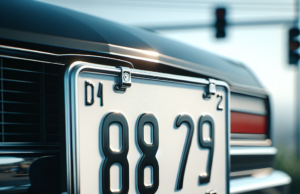Speeding Ticket Wisconsin
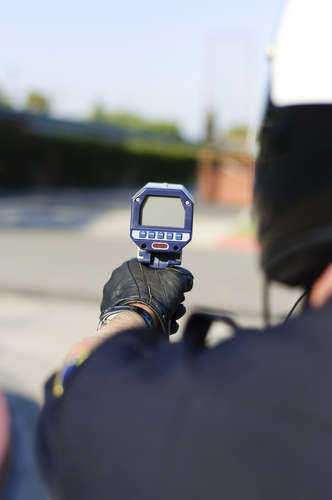
What You Need to Know about Getting a Speeding Ticket in Wisconsin
I can only say one thing when it comes to a speeding ticket in WI: be prepared. That can be said the same anywhere. Illinois, California, New York, Vermont. Anywhere.
But specifically in Wisconsin, you need to know what you’re dealing with when dealing with a speeding ticket in Wisconsin….
1. Fines
2. Fees
3. Points
The Reality of a Speeding Ticket in Wisconsin
Believe it or not, but a speeding ticket in WI is a lot more than just a ‘fine.’
In Wisconsin, when it comes to the fine, depending on the speed you were going, you’re looking at a variety of amounts. It could be as much as $175.30 just for the speeding ticket in WI alone. That speeding ticket in WI applies to several costs:
1. Base Deposit
2. Crime Lab and Drug Assessment Fee
3. Court Support Services Fee
4. Court Costs
5. Penalty Assessment
6. Justice Information Fee
7. Jail Assessment Fee
But that’s not all….
Additional Fees for a Speeding Ticket in WI
A speeding ticket in Wisconsin doesn’t just have the initial fine for those separate costs.
Expect more, such as standard court and processing fees upon the time when you show up for a hearing, if necessary. That could be around $100 additionally.
Keep in mind, too, that other additional costs may revolve around your auto insurance. The more speeding tickets in Wisconsin you receive, the higher your premium may go. One speeding ticket in Wisconsin might actually increase the insurance price by 20%. Getting three speeding tickets in Wisconsin could actually increase that price up to 50%.
And the worst of that is that insurance premium stays that way for as long as the points stay on your driving record, which in the state would be for five years time.
That’s Another Thing About Speeding Tickets in Wisconsin. Points.
In the state of Wisconsin, for the most part that’s how driving records are regulated. Points.
This is how you can understand the Points System for speeding tickets in Wisconsin:
1. 20 MPH or More Over the Speed Limit: 6 Points
2. 11 Through 19 MPH Over the Speed Limit: 4 Points
3. 1 Through 10 MPH Over the Speed Limit: 3 Points
The more points you have on your record, the closer you’ll get to not only having to pay a load of money for speeding tickets in Wisconsin, but also losing your license altogether. A driver’s license suspension is pretty typical after earning 12 or more points. That suspension would last for at least two months, and additional fines would be applied as well.
Fighting a Speeding Ticket
You can, however, contest a speeding ticket in a court of law in Wisconsin. It’s perfectly within your rights. It’s not a guarantee that you’ll get off on the charge, though.
A number of things could happen. You show up, you make your case, and the decision is still made to apply the ticket with all the points, fines, and fees included. And the only thing you lose is the time it took to do it. Or you can actually drop the amount of the ticket some. In rare cases, depending on the situation, you might even get the ticket completely wiped off your record.
The important thing to know, though, is that you can fight the ticket.

